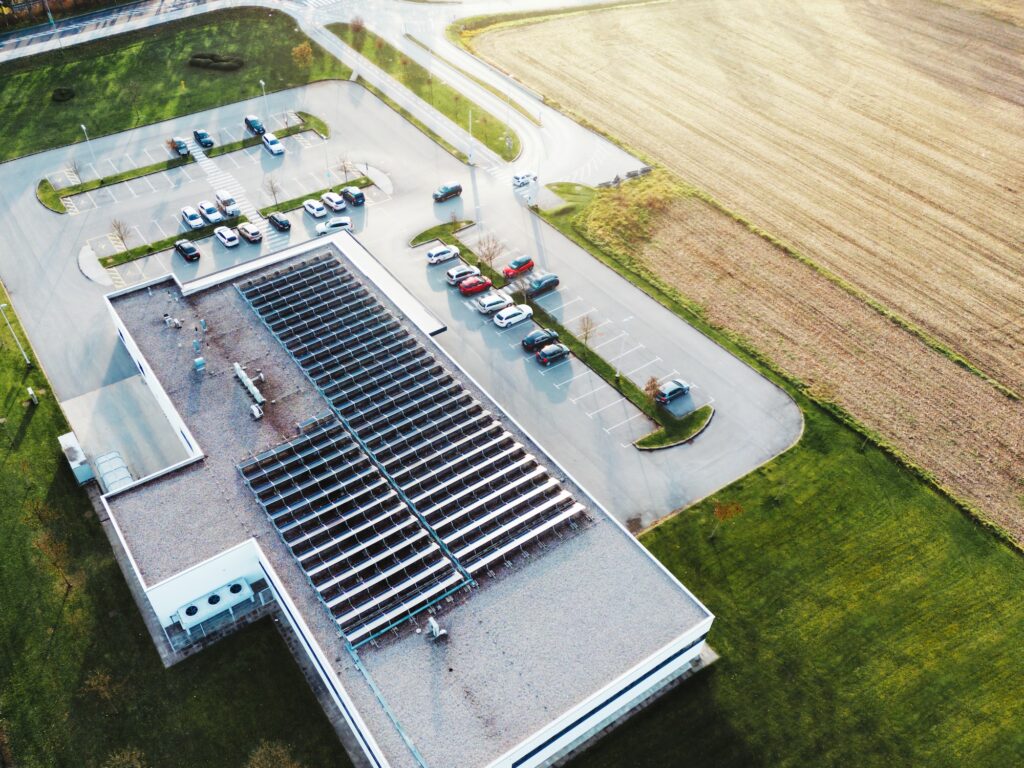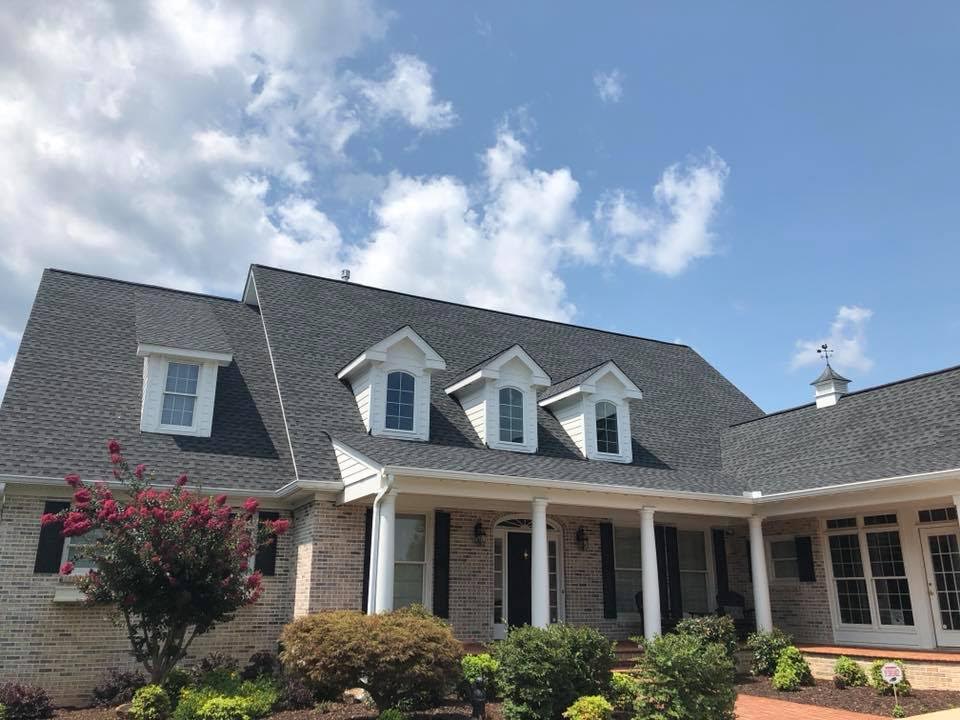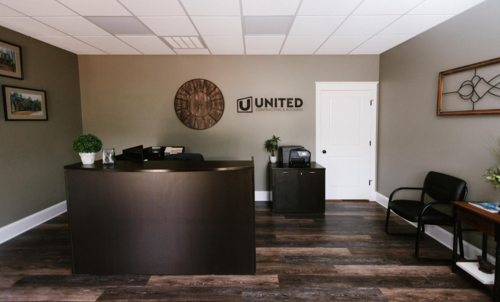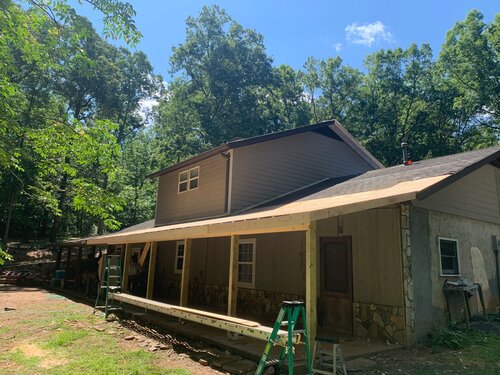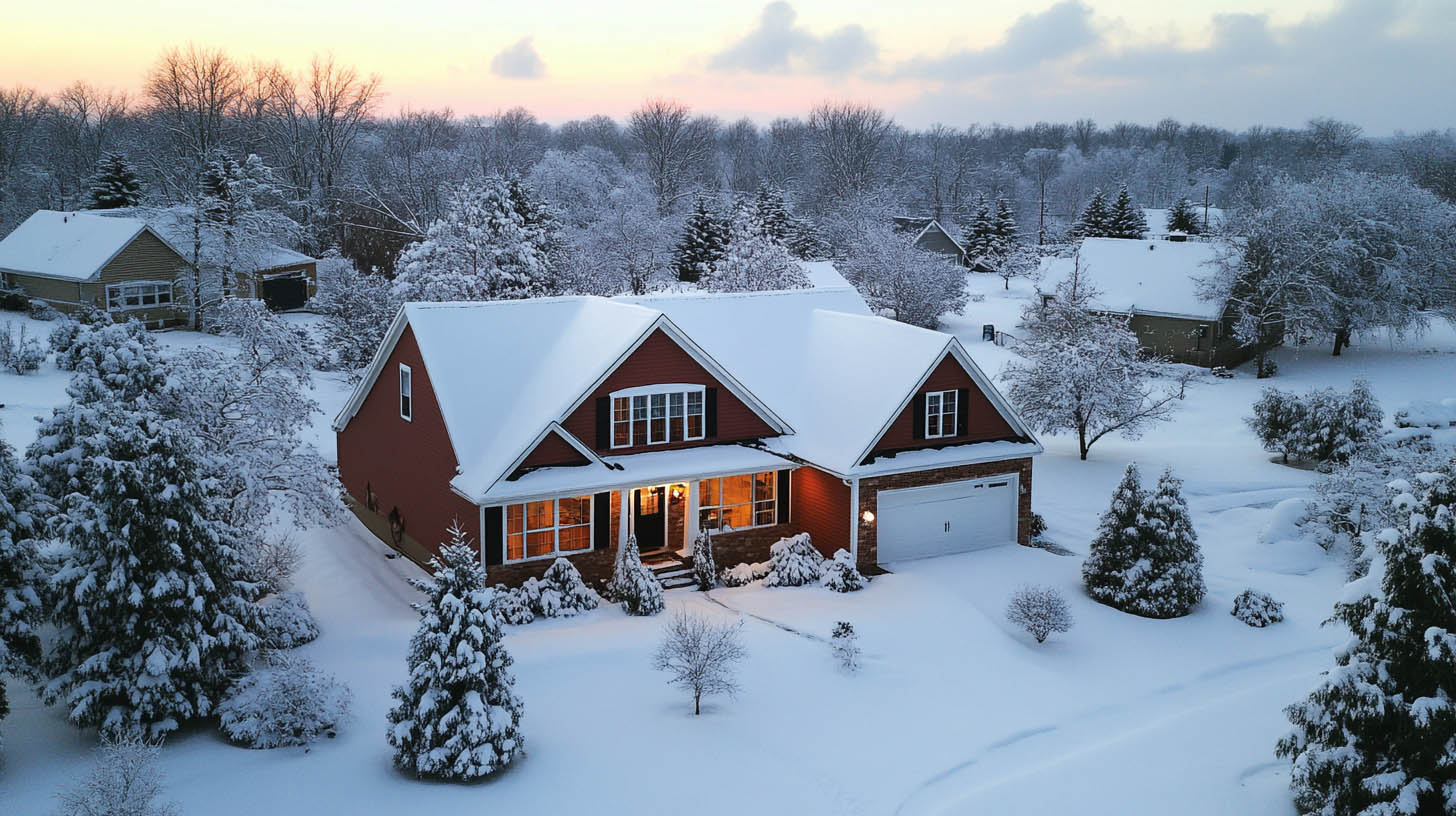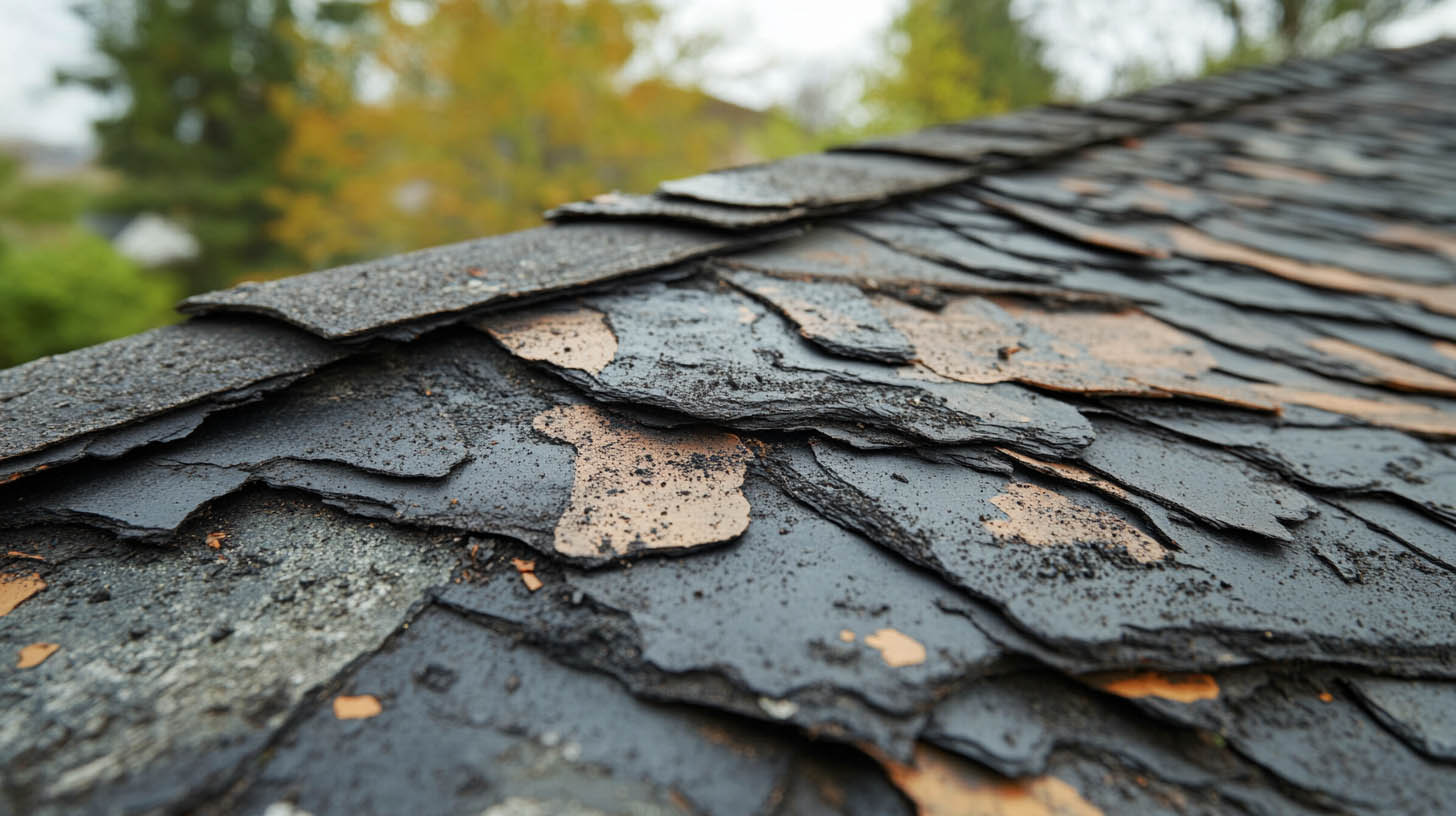Investing in the right type of commercial insulation for your building is essential to enhance energy efficiency, reduce noise, and meet building codes. At United Contracting & Roofing LLC, we offer a variety of insulation solutions tailored to the specific needs of your commercial property. This guide explores the different types of commercial insulation available and their benefits.
Benefits of Commercial Insulation
Proper insulation offers numerous advantages for commercial buildings, including:
- Energy Efficiency: Insulation increases the building’s resistance to heat transfer, reducing the load on HVAC systems and lowering energy costs.
- Noise Reduction: Insulation materials can reduce noise infiltration, creating a quieter and more comfortable indoor environment.
- Compliance with Building Codes: Insulation helps meet specific building codes and regulations, ensuring your property is up to standard.
Types of Commercial Insulation
Foam Insulation
Foam insulation is known for its high R-value and excellent air-sealing properties. It is commonly used in areas that require maximum thermal resistance and air tightness. Types of foam insulation include:
- Spray Foam: Expands on application to fill gaps and cracks, providing an airtight seal.
- Rigid Foam: Available in panels, offering high insulation value and structural support.
Sound Insulation
Sound insulation materials are designed to absorb and block sound, improving acoustic comfort within the building. These materials are often used in walls, floors, and ceilings to reduce noise transmission between rooms and external noise infiltration.
Loose-Fill Cellulose
Loose-fill cellulose is made from recycled paper products and treated for fire resistance. It is blown into cavities and attics, providing effective coverage and excellent thermal performance. This type of insulation is ideal for retrofitting existing structures.
Fiberglass Batts and Rolls
Fiberglass batts and rolls are popular insulation materials due to their affordability and ease of installation. They are available in various thicknesses and R-values, making them suitable for walls, floors, and ceilings.
Blown-In Insulation
Blown-in insulation is applied using a blowing machine, allowing for uniform coverage and filling of irregular spaces. It is commonly used in attics and wall cavities. Materials used for blown-in insulation include fiberglass, cellulose, and mineral wool.
Blanket Insulation
Blanket insulation, also known as batt or roll insulation, is made from materials like fiberglass or mineral wool. It is available in pre-cut panels or continuous rolls, making it suitable for insulating large, open areas such as walls, floors, and ceilings.
Choosing the Right Insulation for Your Building
Selecting the appropriate insulation for your commercial building depends on several factors, including the building’s design, location, and specific insulation needs. At United Contracting & Roofing LLC, we provide expert assessments to help you determine the most effective insulation solutions for your property.
Factors to Consider
- Thermal Resistance (R-Value): Higher R-values indicate better insulation performance. Choose insulation with an appropriate R-value for your climate and building requirements.
- Air Sealing: Insulation that provides good air sealing helps prevent heat loss and improves energy efficiency.
- Moisture Resistance: In areas prone to moisture, choose insulation materials that resist mold and mildew growth.
- Installation Method: Consider the ease and cost of installation, as some insulation types require specialized equipment or professional installation.
Conclusion: Maximizing the Benefits of Commercial Insulation
Investing in the right type of insulation is crucial for enhancing the energy efficiency, comfort, and compliance of your commercial building. At United Contracting & Roofing LLC, we offer a wide range of insulation solutions tailored to meet your specific needs. Contact us today to learn more about our services and how we can help you optimize your building’s insulation.For more detailed information on Understanding Commercial Contractor Warranties, click here.

